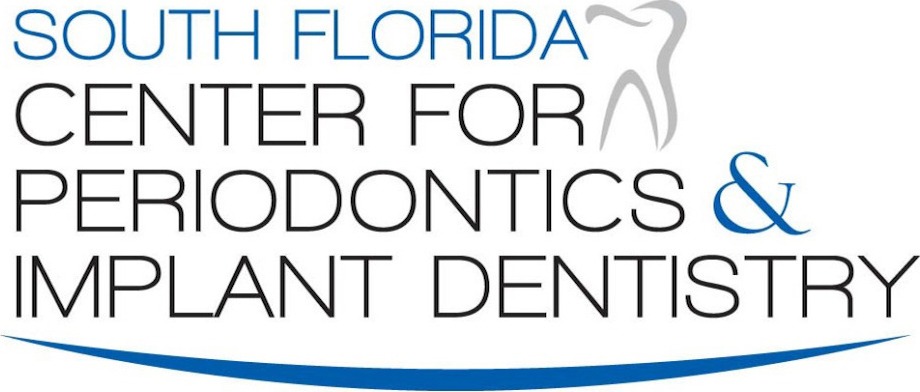Flossing For a Healthier Smile
January 10th, 2022
Why is Flossing Important?
Flossing lets you remove the plaque and food debris that can be stuck between teeth in areas your toothbrush simply can’t reach. Using dental floss also helps avoid problems like receding gums, bleeding gums and even tooth and bone loss. By removing those tiny particles stuck between your teeth, flossing can also help freshen your breath. And who doesn’t want to avoid stinky breath?
You don’t need to floss more than once or twice a day. Timing doesn’t seem to be significant, either. The American Dental Association says it doesn’t really matter if you floss before or after you eat, in the morning or in the evening. Just floss!
Flossing Tips That May Help
- Reloadable, reusable floss holders may look like mini-sling shots but could work better for people who don’t like putting their fingers into their mouths. They may use less floss than other methods. You can also consider water flossing, dental picks, or other forms of pre-threaded floss.
- Pulling too hard could cause bleeding. If you’re not sure how to floss properly, ask your periodontal hygienist. Our team members are always happy to demonstrate flossing techniques. Don’t be embarrassed to ask a few times. That’s what we’re here for!
Check out this article on flossing from Oral B which delves into greater detail about how flossing can help prevent gum disease. Colgate also offers a handy flossing video. You can also read more about general oral hygiene on our website. And remember, it’s never too late to start flossing, even if you weren’t all that diligent in the past!
